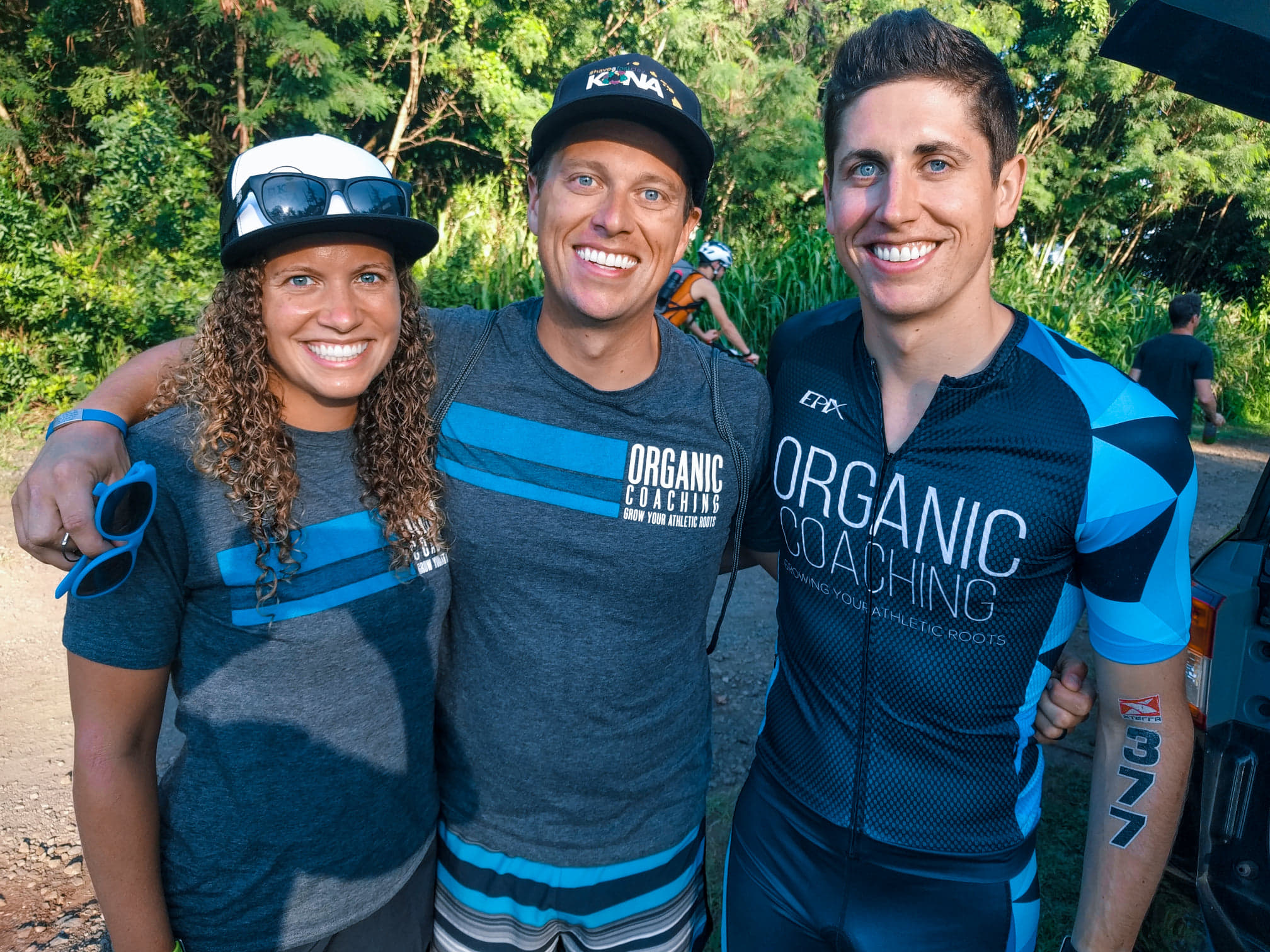
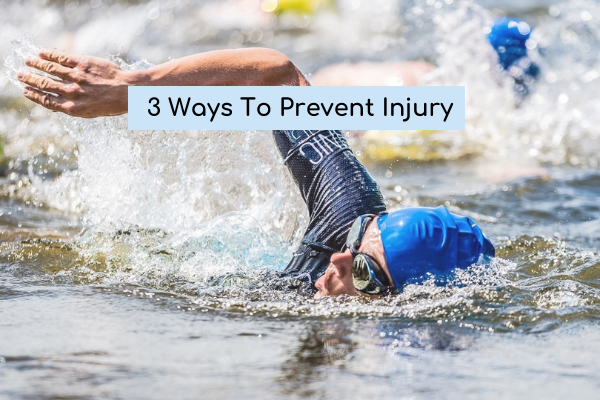
Spring is almost here for those of us in the northern hemisphere! That means race season is nearly in sight! If you’re like most athletes, your last race was nearly six months ago. Since then, you’ve taken a little offseason to allow your body to recover from the day-to-day grind of training. Hopefully, you’ve been in the (fairly boring) base-building mode for a few months now. If you’ve worked with a coach or been in triathlon for more than a season or two, you’ve likely found this annual rhythm absolutely necessary to maintain physical, mental, and emotional balance. Particularly, when paired with the hard-nosed training that comes during the lead-in and peak of the racing year. As training picks up it’s important to train smarter – not harder – to help you avoid injury. If injury prevention is a goal of yours (it should be!) this article is for you!
As you approach race season, it’s common for your mind to start working. You’re thinking about your performance. Maybe you’re thinking about losing that extra weight that’s still hanging around (literally) from the holidays. Or maybe you’re anxious to see your times drop for the swim, bike, run… or all three. Suffice it to say, one way or another, we’re excitedly anticipating improvement in ourselves. Here often lies a tricky situation, because you’ve been building for a while. Maybe you don’t quite feel you’re making the progress you expect which makes it tempting to push yourself. However, pushing yourself too quickly will cause your body to respond with a niggle, or worse, a full-blown injury.
Endurance performance is built upon a foundation of aerobic capacity. Sometimes referred to as “the base” or “base fitness”. This can often span multiple months or years, and within a given season we all have peaks and valleys in our levels of fitness. So even if you have years of consistent training under your belt, following the off-season, you need to re-establish a level of fitness. In a very methodical, and measured way. This allows your body to steadily adapt to the demands you’re going to be putting it under. When you drastically increase the amount or intensity of training, you’re forcing your muscles, ligaments, tendons, lungs, and heart to do things for which they’re not quite prepared.
Here are three tips to balance the temptation to grow volume and intensity too soon. To help you prevent injury and niggles.
By creating a training plan with the big picture in mind, you can incrementally build up your fitness over time. Plot out your schedule, working backward from your key races in month and week-long chunks. Rarely allowing your total weekly volume to increase by over 10-15%. This is key in not overdoing it or asking too much of yourself. As you progress through the plan, and you’ve had 2-3 months of low-intensity work built-in, your body will be ready to introduce some intensity along with a bump in volume. Once again, less is more to start. Surround the key workouts with easy, but targeted endurance sessions will ensure you’re not overreaching. If you’re working with a coach, it’s likely they’re already doing this, so your takeaway is to follow the plan. In either case, let your plan keep you disciplined and accountable. To keep you healthy and avoid pushing too hard too soon!
Have you ever heard someone talk about their weekly run volume? Or see that massive track session they posted on Strava? Then have this temptation to want to push it as well? Especially on those weekend sessions where we have more time to smash it? You’re not alone in that feeling. And while there is a time and place for big volume or intensity days. Taking a consistent approach across the week, month, and season is a much safer, and more productive way of sustained growth and improvement. So, despite how strong the urge is to tackle that epic climb on Zwift. Or to want to bump up the speed on the treadmill. Aim for a balanced and consistent approach to increasing your volume and intensity over time. The gains will come and you’ll greatly reduce the chance of running into injuries along the way.
All of us have goals, some are driven by high performance or a PR. Some are rooted in building confidence, while others have health as the ultimate outcome.
For example, if you’re aiming to finish your first long-distance event, and time isn’t a big motivator. Then demand for fast and hard work might not make much sense. Another example is if you’ve been racing a while and want to see your times drop but aren’t trying to set any records. Then build that base and then aim for one quality tempo swim and bike session each week. Along with endurance and supporting swims, bikes, and runs. These sessions don’t need to break you, but they can ensure you’re growing your aerobic engine while not putting you at risk for injury.
Whatever your motivation, plan and execute your training to be consistent with your goals, particularly around intensity. Remember that the vast majority of half and full-distance racing is done at quite a sustainable effort. So take confidence in knowing that you can achieve great success in reaching your goals without constant speed work!
If you’re a triathlete, the idea of pushing yourself is almost ingrained in your way of thinking. Our sport is largely predicated on the idea of reaching beyond our limits. To accomplish physical feats we never thought possible. The urgency to get fitter and faster is sometimes overwhelming. But with good planning, consistent execution, and training to your goals, you can have a healthy and happy training season!
READ MORE: DON’T GO RANDOM. CONSISTENCY IS KEY.
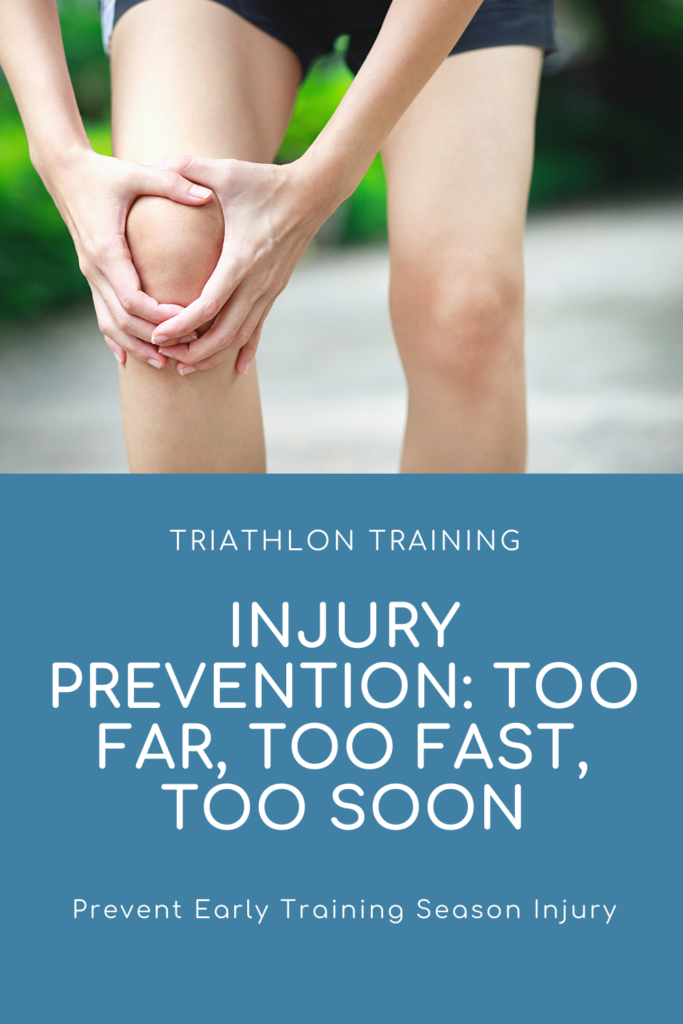
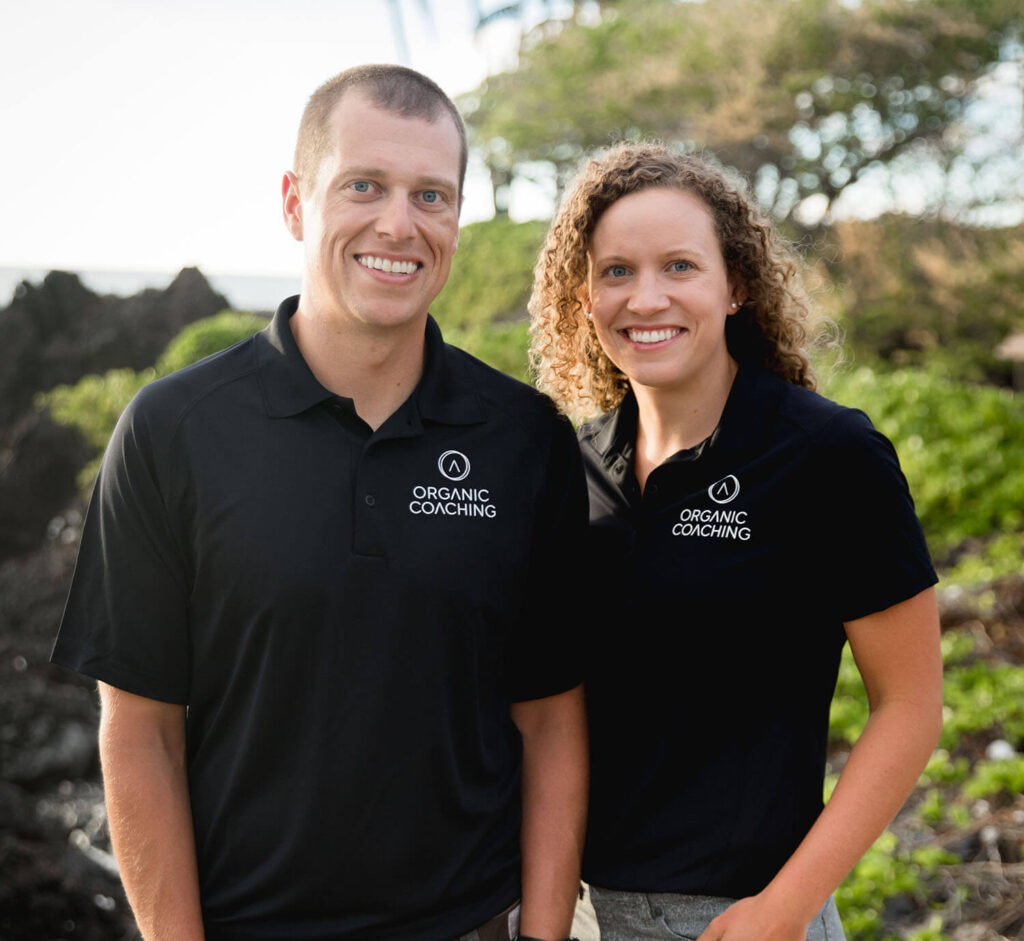
Carly and Tyler Guggemos built Organic Coaching in 2014 with a simple philosophy that works. The idea is to take what you have and grow it to get faster, fitter and stronger. And to do it with the time you have – not the time you wish you had.
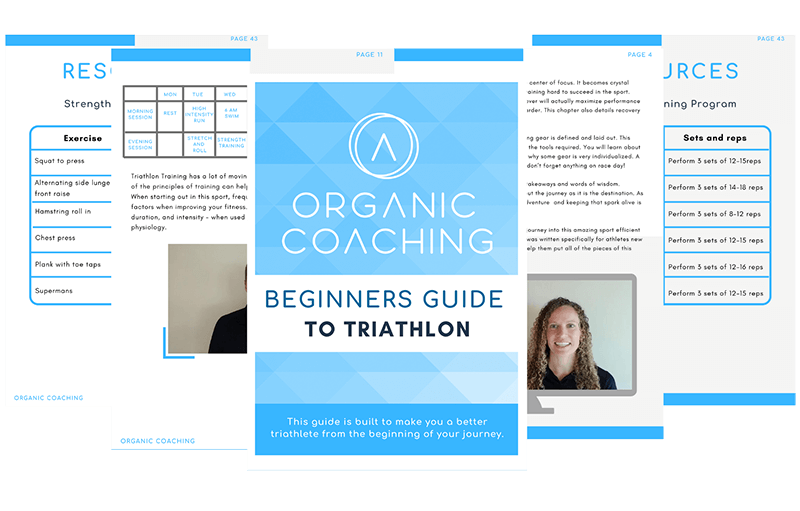
For athletes who are ready to take their training to the next level while still thriving and succeeding in their professional and family life.
Copyright © 2024 Organic Coaching LLC